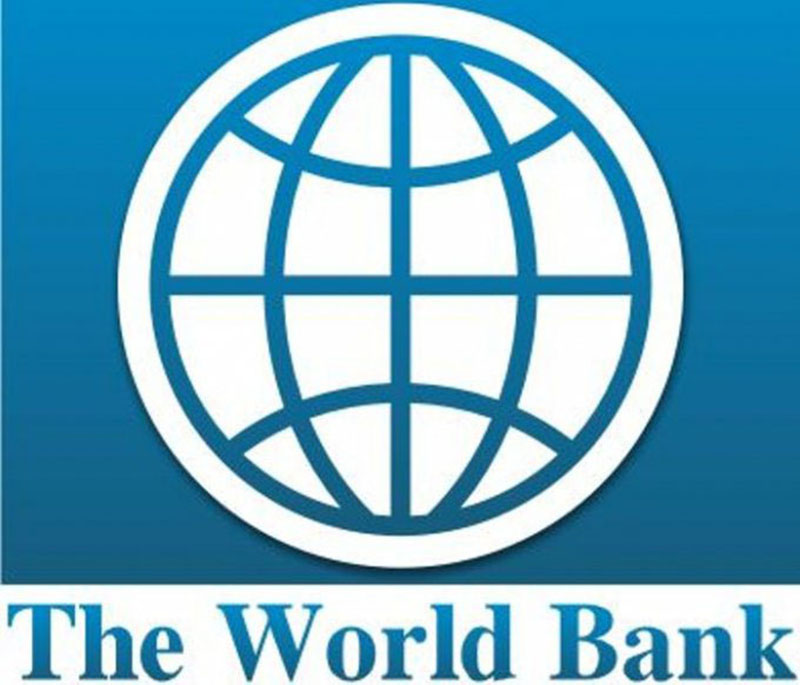WASHINGTON, United States – Economies in Latin America and the Caribbean (LAC) are on track to recover from the COVID-19 crisis, but the scars of the pandemic remain and the need for a more dynamic, inclusive and sustainable growth is ever more urgent, according to a new World Bank report, “Consolidating the Recovery, Seizing Green Growth Opportunities”.
Following a 6.9 per cent rebound in 2021, regional gross domestic product (GDP) is expected to grow 2.3 per cent this year and a further 2.2 in 2023, with most countries reversing the GDP losses from the pandemic crisis.
However, according to the World Bank, these modest projections place regional performance among the lowest in the world at a time when the region faces important uncertainties as new variants of the virus may appear, inflation pressures mount, and the war in Europe threatens the world recovery. In fact, regional growth projections have been revised downward by 0.4 per cent after the Russian invasion of Ukraine.
On the positive side, vaccination is widespread across the region, firms are again hiring, and schools are reopening, it said. Nevertheless, long-term scars of the crisis remain and require attention.
Poverty rates rose to 27.5 per cent in 2021 and are still above their pre-COVID levels of 25.6 per cent, while learning losses could lead to a 10 per cent decrease in future earnings for millions of school-age children. To avoid returning to the low growth rates of the 2010s, countries in the region need to engage long-delayed structural reforms and seize the opportunities offered by a greening world economy, the Washington-based financial institution said.
“We are in a global context of great uncertainty that could impact the post-pandemic recovery. In the long term, however, the challenges of climate change will be even more pressing, which forces us to urgently move to a growth agenda that is greener, more inclusive and that raises productivity,” said Carlos Felipe Jaramillo, vice-president for Latin America and the Caribbean at the World Bank.
According to the report, growth advancing reforms in infrastructure, education and innovation remain paramount, and key investments should be financed through more efficient spending and revenue mobilization. But these much-needed reforms should respond to major forces shaping the global economy, including climate change.

